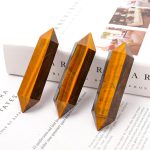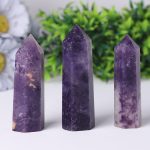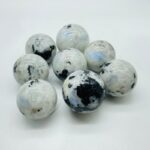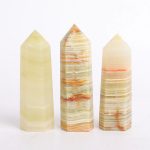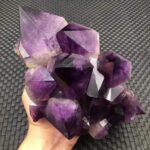White crystalline rocks are a testament to the Earth’s enduring beauty and geological diversity. These rocks, often composed of calcite, quartz, or marble, captivate with their shimmering surfaces and remarkable properties. Their versatility extends far beyond aesthetics, with applications in construction, agriculture, and various industrial sectors.
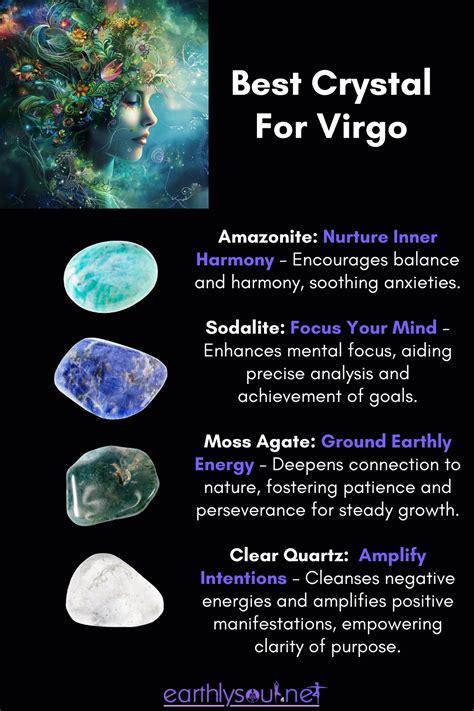
Composition and Classification
White crystalline rocks are primarily composed of minerals that crystallized from molten or aqueous solutions. Calcite, a calcium carbonate mineral, forms the foundation of limestone, marble, and travertine. Quartz, a silicon dioxide mineral, is the main constituent of quartzite, sandstone, and granite. Marble, a metamorphosed limestone, exhibits a distinctive crystalline structure and color variations.
Properties and Characteristics
The properties of white crystalline rocks vary depending on their mineral composition. Limestone, for instance, is characterized by its softness and ability to react with acids. Marble, on the other hand, is harder and more resistant to weathering. Quartzite is known for its exceptional durability and resistance to heat.
Applications and Benefits
The versatility of white crystalline rocks has led to their widespread use across industries:
Construction
- Limestone: Used as building blocks, flooring, and wall cladding due to its affordability and durability.
- Marble: Prized for its aesthetic appeal and used in flooring, countertops, and sculptures.
- Quartzite: Employing its strength and heat resistance in kitchen countertops, exterior cladding, and roofing tiles.
Agriculture
- Limestone: Crushed and applied as an agricultural lime to neutralize soil acidity and improve crop yields.
Industrial
- Calcite: Used in the production of cement, paper, and glass.
- Quartz: Essential in the manufacture of electronics, fiber optics, and abrasives.
- Marble: Ground into powder and utilized in paint, rubber, and cosmetics.
Emerging Applications
Innovative applications of white crystalline rocks continue to emerge, driven by advancements in technology and demand for sustainable materials:
Carbon Capture and Storage
White crystalline rocks have the potential to store large amounts of carbon dioxide, helping mitigate climate change.
Energy Storage
Marble powder has been investigated as an additive in advanced battery systems, enhancing energy density and stability.
Biomedical
Quartz particles are being explored in drug delivery and tissue engineering, offering potential therapeutic benefits.
Market Analysis
According to Statista, the global white crystalline rock market is valued at $120 billion in 2023, with projected growth to reach $150 billion by 2027. This growth is attributed to increasing demand from construction, agriculture, and industrial sectors, particularly in emerging economies.
Customer Insights
Customers seek durable, aesthetically pleasing, and environmentally friendly materials for their projects. White crystalline rocks meet these demands, leading to increased customer satisfaction and loyalty.
Effective Strategies
To maximize the benefits of white crystalline rocks, consider the following strategies:
- Select the right type: Determine the specific properties required for your application, such as strength, durability, or appearance.
- Consider sustainability: Choose white crystalline rocks that are sustainably sourced and have a low environmental impact.
- Innovate and explore: Collaborate with suppliers and researchers to find new and innovative applications for these remarkable materials.
Tables
| Rock Type | Mineral Composition | Applications | Properties |
|---|---|---|---|
| Limestone | Calcite | Construction, agriculture | Soft, reactive with acids |
| Marble | Calcite | Construction, decoration | Harder, resistant to weathering |
| Quartzite | Quartz | Construction, industrial | Durable, heat-resistant |
| Travertine | Calcite | Construction, decoration | Porous, layered |
| Application | White Crystalline Rock | Benefits |
|---|---|---|
| Building blocks | Limestone | Affordable, durable |
| Countertop | Marble | Aesthetically appealing, luxurious |
| Roofing tiles | Quartzite | Durable, heat-resistant |
| Agricultural lime | Limestone | Neutralizes soil acidity, improves yields |
| Cement production | Calcite | Binds materials together |
| Abrasives | Quartz | Grinds and polishes surfaces |
| Emerging Application | White Crystalline Rock | Potential Benefits |
|---|---|---|
| Carbon capture | Calcite | Storage of carbon dioxide |
| Energy storage | Marble powder | Enhanced battery performance |
| Biomedical | Quartz particles | Drug delivery, tissue regeneration |
| Market Forecast | Year | Value | Growth |
|---|---|---|---|
| Global White Crystalline Rock Market | 2023 | $120 billion | N/A |
| 2027 | $150 billion | 2.5% annually |












